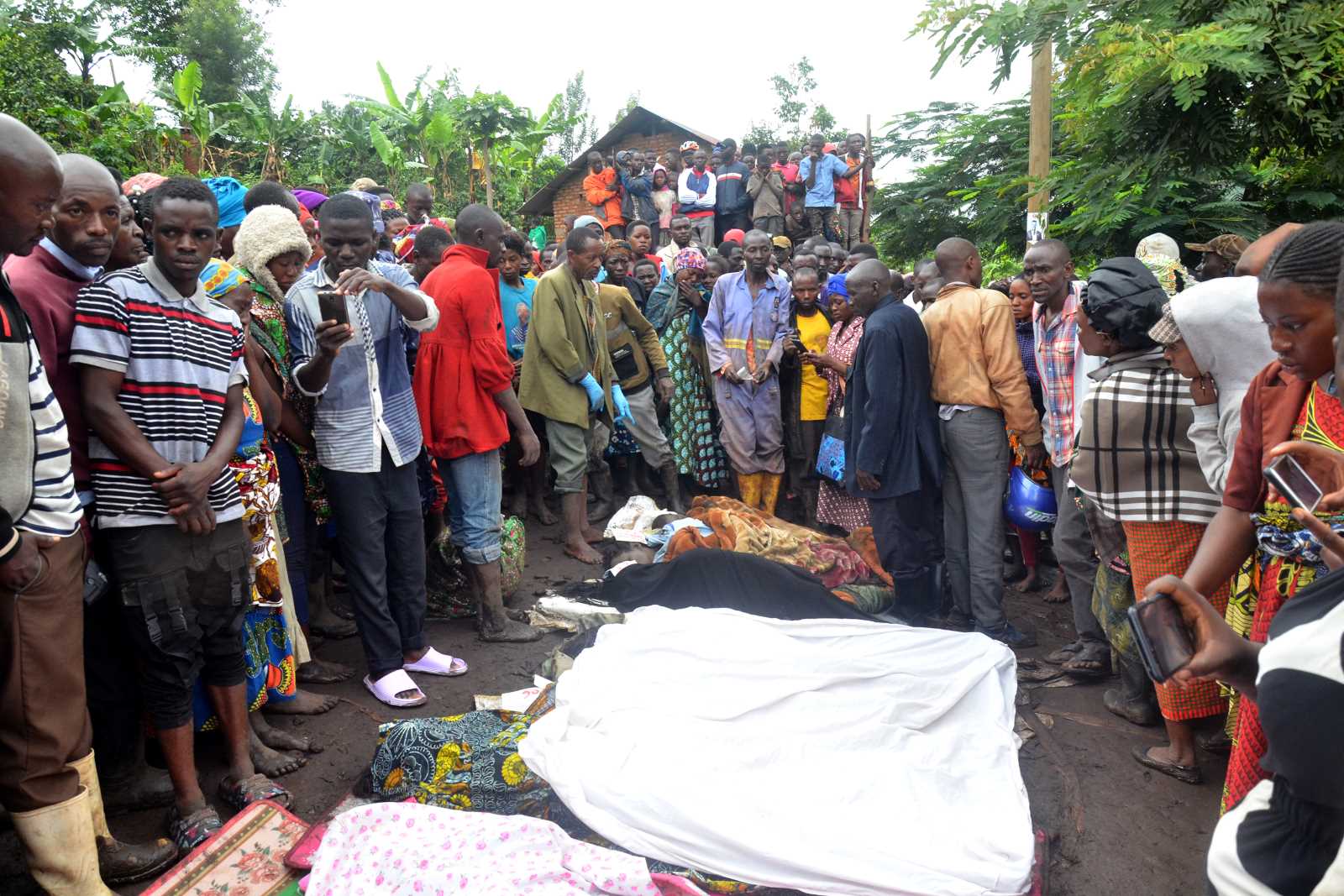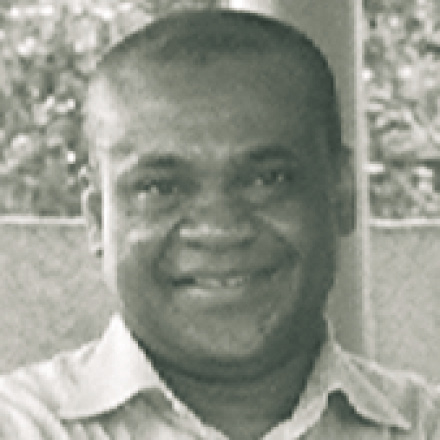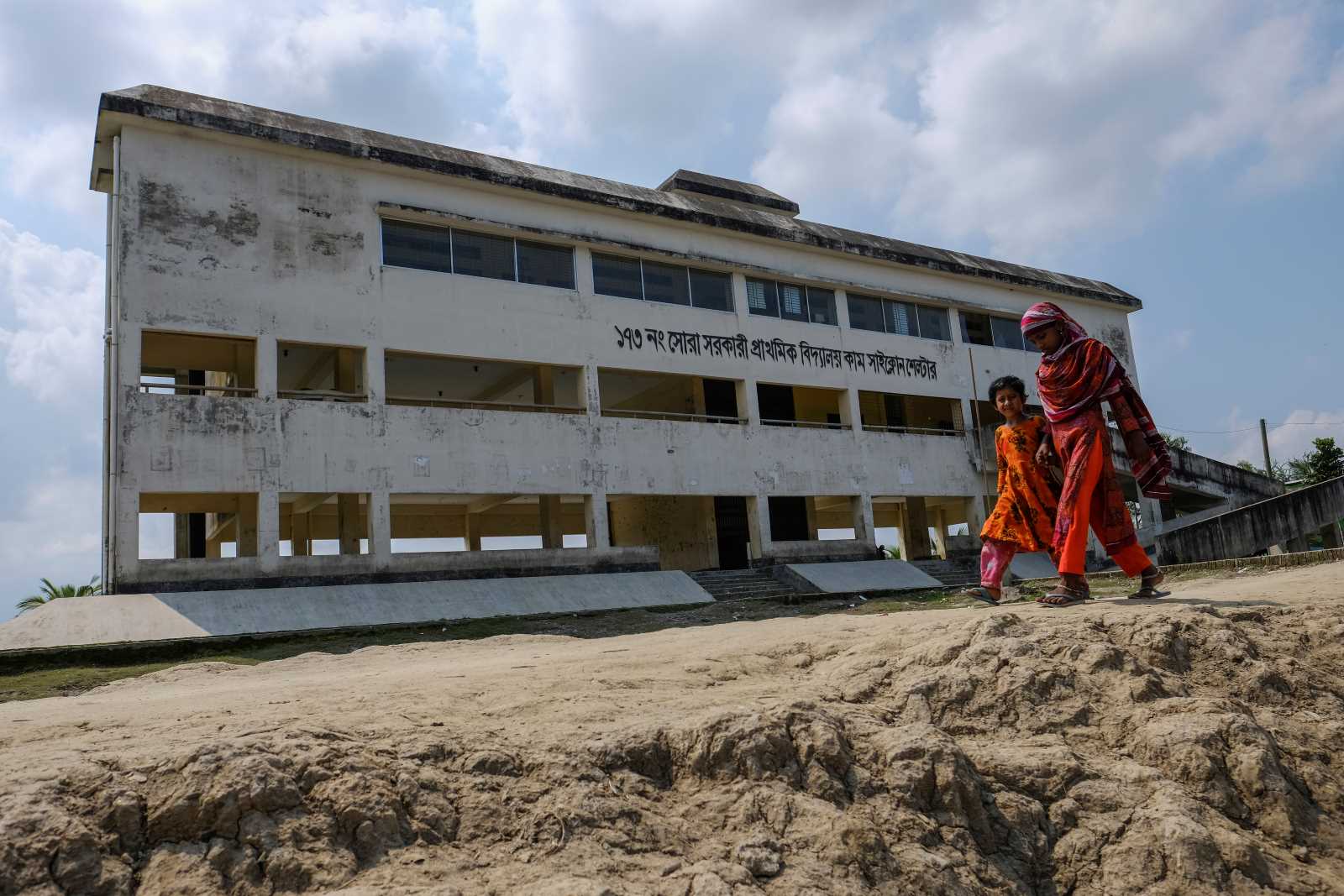Water
Deadly wells

Three women are sitting under a tree in a village in Malawi’s Central District. They are preparing vegetable for lunch. Next to the women, there is an unfinished dug-out well. It is now filled with sand and mud. It’s story is sad.
The women’s father died last December while he was digging this well for his family. Two young men who tried to rescue him also drowned. It was a devastating day for the village.
“My father had been working as a well-digger for years,” says Grace Kamphasa, one of the three women. She was around when her father died. “There was nothing I could do. The well was deep and had water in it.” After the incident, the family decided to cover this waterhole with sand, not wanting to be reminded of the deadly accident. “All these deaths were caused by our need of water,” says Grace’s sister Sitikana.
The water situation has improved, however. “We know have a kiosk nearby,” Sitikana says. The kiosk is a booth where tap water is sold. It was set up by the international charitable organisation WaterAid with EU funding. The project also provided local capacity development. The village people now have access to safe water, and they need no longer risk their lives trying to dig wells or relying on unsafe water from swamps. “Water problems have become a thing of the past”, says Sitikana.
Poor people need water to drink, facilities to wash their hands and decent toilets, says Barbara Frost, the chief executive of WaterAid. “Without these basics, women are left to fetch contaminated water and see their children suffer from water related illnesses – or from the indignity of having nowhere safe to go to the toilet. Access to water, sanitation and hygiene can make all the difference to living a healthy and prosperous life.”
Hopefully, the SDGs will be met by the year 2030. Malawians would actually like to see that happen earlier.
Raphael Mweninguwe is a freelance journalist based in Malawi.
raphael.mweninguwe@hotmail.com













